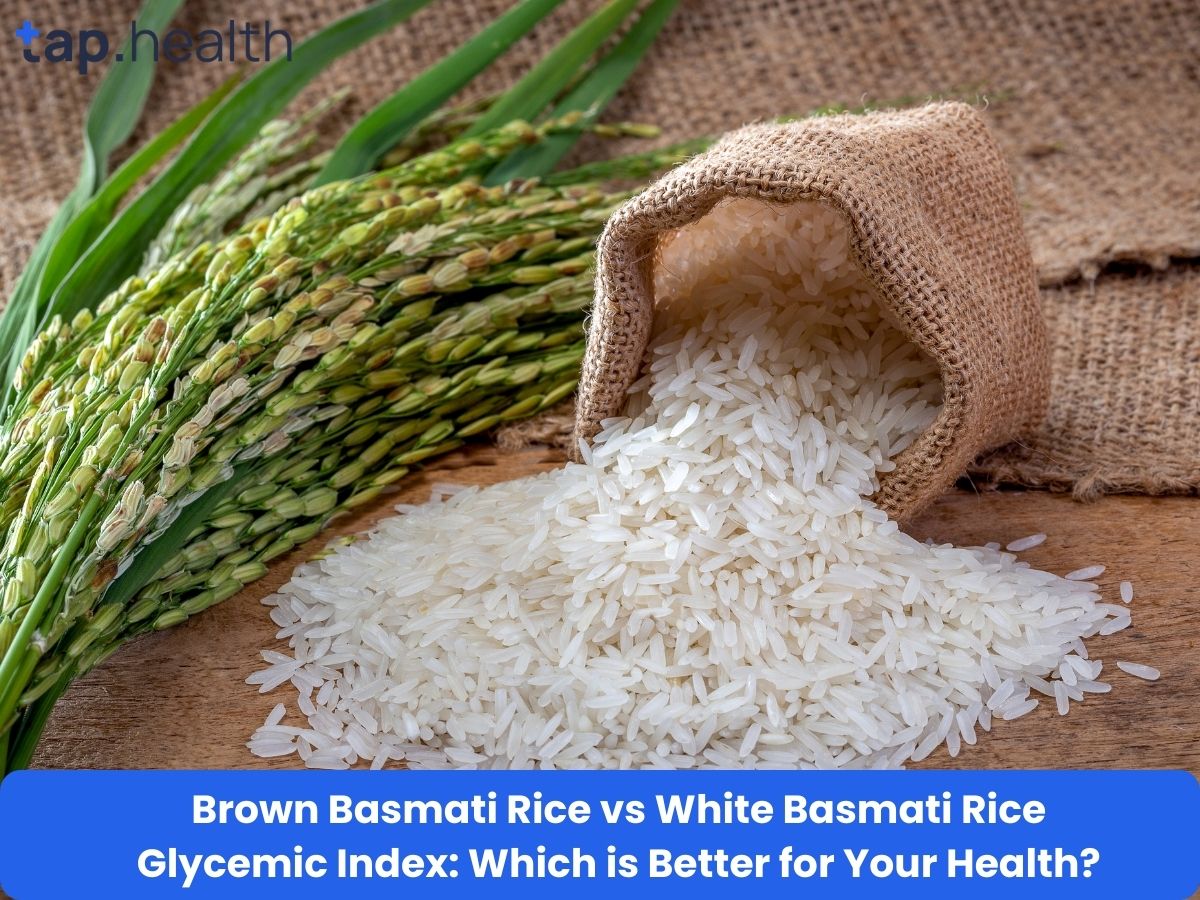When trying to conceive, many women eagerly track their symptoms and use pregnancy tests to see if they are expecting. One common question that often arises is: “Can you get a positive pregnancy test at 7 DPO?” DPO stands for “days past ovulation,” a critical time when many women begin to notice early signs of pregnancy or take a home pregnancy test (HPT). But, is it possible to get a positive result this early? In this blog post, we will explore the science behind early pregnancy tests, what happens at 7 DPO, and when you can realistically expect a positive result.
What is 7 DPO?
7 DPO refers to seven days after ovulation. Ovulation typically happens around the middle of your menstrual cycle, and the egg released during ovulation survives for about 12 to 24 hours. After ovulation, the egg either gets fertilized by sperm or it doesn’t. If fertilization occurs, the fertilized egg travels down the fallopian tube to the uterus, where it implants into the uterine lining. This process of implantation is key to the release of pregnancy hormones that pregnancy tests detect.
At 7 DPO, your body may still be in the very early stages of pregnancy, and the hormone human chorionic gonadotropin (hCG) may not have reached detectable levels yet. But could you test positive at this stage? Let’s find out.
How Pregnancy Tests Work
Pregnancy tests detect the presence of hCG, a hormone produced by the body after the fertilized egg implants into the uterus. When you take a home pregnancy test, it’s designed to measure the concentration of hCG in your urine. The higher the concentration, the more likely you will get a positive result.
The key to understanding the timing of a positive result is that hCG doesn’t appear immediately after fertilization. It takes several days for the fertilized egg to implant and start producing hCG in measurable amounts.
Early Pregnancy Test Sensitivity
Pregnancy tests have different sensitivities. Some tests claim to detect pregnancy as early as 6 days before your missed period, which typically would be around 9 DPO for many women. These ultra-sensitive tests may be able to detect lower levels of hCG, but there is still a chance they might show a negative result at 7 DPO, especially if hCG is still too low in your body.
Can You Get a Positive Pregnancy Test at 7 DPO?
In general, it is unlikely to get a positive pregnancy test at 7 DPO for most women. Here’s why:
1. Late Implantation
At 7 DPO, implantation may not have occurred yet, or it may have just started. Implantation typically happens between 6 and 12 DPO, so if you test at 7 DPO, your body may not have started producing enough hCG to trigger a positive result.
2. Low hCG Levels
Even if implantation has occurred, hCG levels might still be too low for most home pregnancy tests to detect. It takes several days for hCG to build up in the body after implantation, and by 7 DPO, the levels may still be insufficient.
3. Test Sensitivity
The sensitivity of home pregnancy tests can vary. Some tests are more sensitive and can detect hCG levels as low as 10 mIU/mL, while others need higher levels, such as 25 mIU/mL or more. At 7 DPO, the hCG level is likely to be below the threshold of many standard pregnancy tests.
Early Pregnancy Signs at 7 DPO
While testing at 7 DPO may be too early to detect pregnancy reliably, some women notice early pregnancy symptoms. These early signs might include:
1. Implantation Bleeding or Spotting
Some women experience light spotting or implantation bleeding when the fertilized egg attaches to the uterine lining. This could happen around 6 to 12 DPO. If you notice light bleeding, it could be a sign that implantation is occurring.
2. Increased Cervical Mucus
After ovulation, cervical mucus typically dries up. However, some women notice an increase in cervical mucus, which may be a sign of early pregnancy.
3. Fatigue and Tiredness
Many women report feeling unusually tired or fatigued in the early stages of pregnancy. This could happen around 7 DPO.
4. Breast Tenderness
Hormonal changes following ovulation can lead to breast tenderness or soreness. Some women may notice more pronounced tenderness at 7 DPO.
5. Mild Cramps
Mild cramping around 7 DPO can be a sign of implantation, but it can also be a sign of an upcoming period. Pay attention to whether the cramping is different from your usual pre-period cramps.
Can You Get a Negative Result and Still Be Pregnant?
Yes, it is entirely possible to get a negative result at 7 DPO and still be pregnant. This is due to the fact that hCG levels may simply be too low for the pregnancy test to detect. Many women get negative results at this point and later get a positive result after a few more days, especially after implantation has occurred and hCG levels rise.
If you are testing at 7 DPO and receive a negative result, don’t lose hope. Wait a few more days and test again. The best time to take a home pregnancy test is usually 10 to 14 DPO, or the first day after your missed period.
How Accurate are Early Pregnancy Tests?
Early pregnancy tests that claim to detect pregnancy before a missed period can be accurate, but they are not perfect. The accuracy of early pregnancy tests depends on the following:
- Timing of the test: Testing too early can result in false negatives.
- Sensitivity of the test: Tests with higher sensitivity can detect lower levels of hCG.
- Test instructions: Following the instructions precisely can increase the accuracy of the test.
It’s always best to test after you’ve missed your period for the most accurate results. For women trying to conceive, testing at 10-14 DPO gives a better chance for accurate results.
When Should You Test for Pregnancy?
If you’re eager to know whether you’re pregnant, the best time to take a home pregnancy test is generally after your missed period. However, if you want to test earlier, here are some guidelines:
1. Testing at 7 DPO
Testing at 7 DPO can be done, but it’s unlikely to yield a positive result, especially if implantation has not occurred yet. If you test at this time and get a negative result, try again after a few days.
2. Testing at 10 DPO
By 10 DPO, implantation is likely to have occurred, and hCG levels may be higher. Some women can detect pregnancy at this point, especially if using a highly sensitive test.
3. Testing After Missed Period
The best time to test for pregnancy is usually the first day after your missed period. This is when most pregnancy tests will provide an accurate result.
FAQ on Can You Get a Positive Pregnancy Test at 7 DPO?
Can I get a positive pregnancy test at 7 DPO?
While it’s unlikely to get a positive pregnancy test at 7 DPO, it is possible if implantation occurred early and hCG levels have risen enough to be detected by a sensitive test.
What is the earliest you can test for pregnancy?
The earliest you can test for pregnancy is around 6-8 DPO, but accuracy increases the closer you are to your missed period. Testing after you’ve missed your period is the most reliable time.
How accurate are pregnancy tests at 7 DPO?
Pregnancy tests at 7 DPO are generally not very accurate, as hCG levels may still be too low to detect. It’s recommended to wait a few more days for more reliable results.
What are the signs of pregnancy at 7 DPO?
Common signs of pregnancy at 7 DPO include mild cramping, breast tenderness, fatigue, and changes in cervical mucus.
Can I be pregnant and still get a negative test at 7 DPO?
Yes, it’s possible to be pregnant and get a negative test result at 7 DPO, especially if implantation has not yet occurred or if hCG levels are still too low to be detected.


